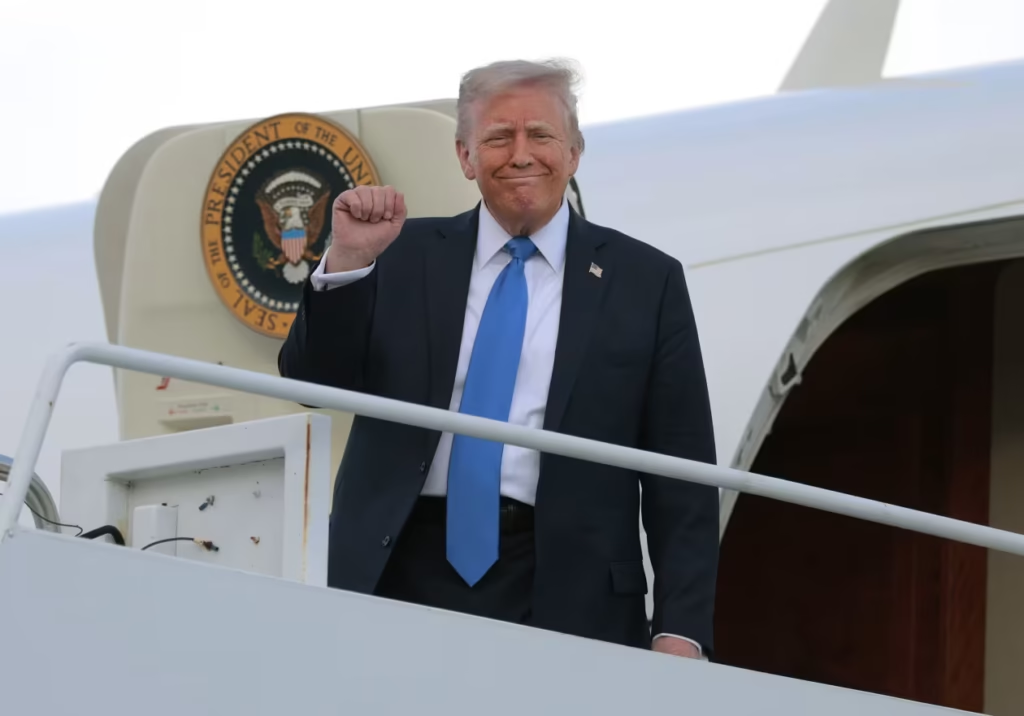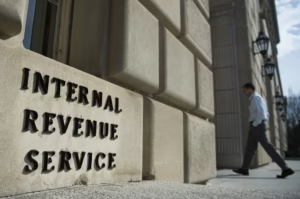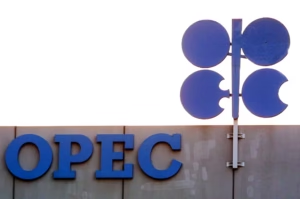United Arab Emirates, DUBAI — Following the postponement of scheduled discussions over Tehran’s rapidly developing nuclear program, President Donald Trump warned sanctions on anyone who purchases Iranian oil on Thursday.
“All purchases of Iranian oil or petrochemical products must stop, NOW!” Trump posted on social media. According to him, any nation or anybody that purchases those goods from Iran will be prohibited from conducting business with the US “in any way, shape, or form.”
Trump threatened to impose secondary sanctions on countries that purchase Iranian oil, although it was unclear how he would carry out such a prohibition. However, at a time when the relationship is already extremely strained due to the U.S. president’s tariffs, his statement posed the risk of further aggravating tensions with China, Iran’s top consumer.
In a research released last October, the U.S. Energy Information Administration came to the conclusion that “China took nearly 90% of Iran’s crude oil and condensate exports in 2023” based on tanker tracking data. To increase government income and rebalance international commerce, Trump has imposed 145% tariffs on China individually.
Following Oman’s announcement that scheduled nuclear negotiations for this coming weekend had been postponed, Trump issued his social media threat. The statement was posted on the social media site X by Omani Foreign Minister Badr al-Busaidi.
“We are temporarily moving the US-Iran meeting to Saturday, May 3rd, due to logistical concerns,” he tweeted. “Once both parties agree, new dates will be announced.”
Al-Busaidi, who has presided over three rounds of negotiations, did not provide further details.
Abbas Araghchi, Iran’s foreign minister, also attributed the delay to “technical and logistical reasons.”
He posted on X, saying, “Iran remains committed to finding a negotiated solution.” “We are more committed than ever to reaching a fair and balanced agreement that ensures sanctions will be lifted, gives assurance that Iran’s nuclear program will always be peaceful, and fully respects Iranian rights.”
U.S. Secretary of State Marco Rubio, who was recently appointed to serve as both the country’s top diplomat and its national security adviser, reaffirmed that Iran can buy enriched uranium if it desires nuclear power facilities.
“Iran just needs to say, ‘We’ve agreed to no longer enrich,'” Rubio stated Thursday night on “Hannity” on Fox News Channel. “This is the best opportunity they’re going to have,” he continued, referring to the discussions.
America “had never confirmed its participation” in a fourth round of discussions in Rome, according to a source familiar with the U.S. deliberations. But according to the source, the United States anticipated that the negotiations will take place “in the near future.” Speaking on condition of anonymity, the individual talked about the conversations that took place behind closed doors.
Next week, the Vatican will start its conclave in Rome to choose a new pope in the wake of Pope Francis’ passing. The Omani capital, Muscat, has hosted two additional rounds of U.S.-Iran negotiations.
Nearing the end of a half-century of hostility, the discussions aim to reduce Iran’s nuclear program in return for the removal of some of the crippling economic sanctions the United States has placed on the Islamic Republic. Araghchi and U.S. envoy to the Middle East Steve Witkoff have been in the forefront of the negotiations.
Trump has stated time and time again that if a deal is not made, he will launch airstrikes on Iran’s program. Iranian officials are warning more and more that their uranium stockpile, which has been enriched to levels close to weapons-grade, may be used to develop a nuclear bomb.
With his social media threats, the U.S. president would target Iran’s most valuable economic resource. According to the Energy Information Administration, it produced 2.9 million barrels of crude oil per day on average in 2023.
Tehran’s program was constrained by the 2015 nuclear agreement with the international powers. But in 2018, Trump unilaterally pulled out of it, sparking years of tensions and insults. The Israel-Hamas conflict in the Gaza Strip continues to tense the larger Middle East.
The Houthi rebels in Yemen, who have long had Iranian support, are the target of the United States’ airstrike operation known as “Operation Rough Rider.” Early on Thursday, U.S. Defense Secretary Pete Hegseth sent a warning to Iran about the rebels.
“Notice to Iran: Your support for the Houthis is LETHAL.” We are fully aware of your actions,” he wrote. You were forewarned and are fully aware of the capabilities of the U.S. military. You will make the CONSEQUENCE payment whenever and wherever we specify.
Experts were delving into the specifics of a potential agreement during last Saturday’s round of negotiations, which also happened as an explosion shook an Iranian port, leaving at least 70 people dead and over 1,000 injured.





